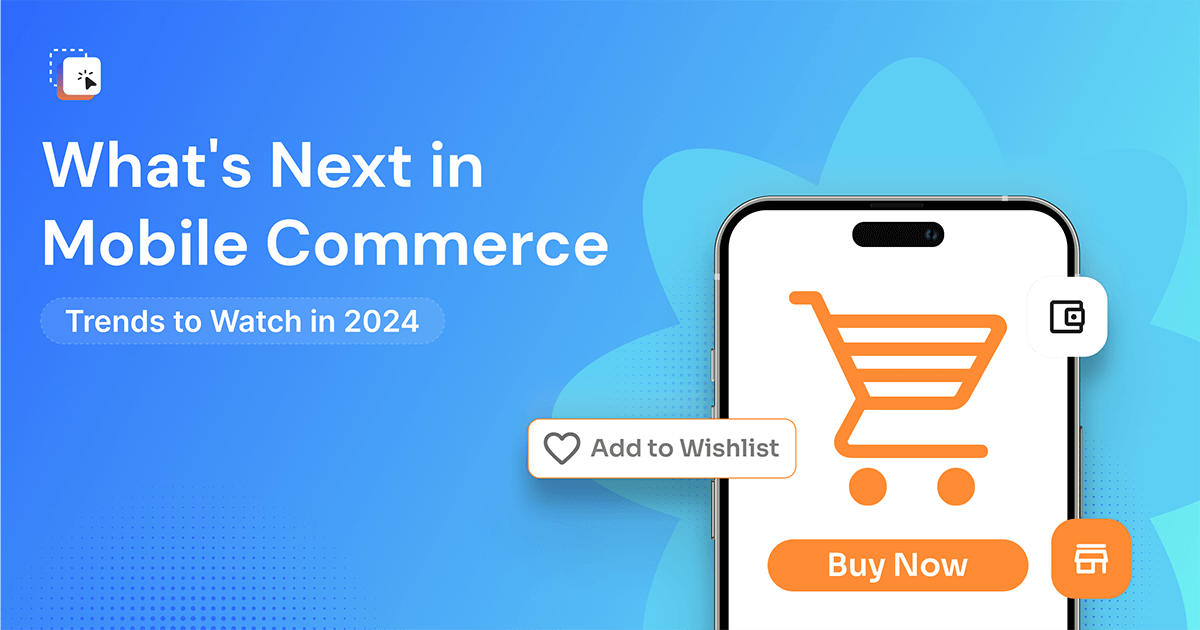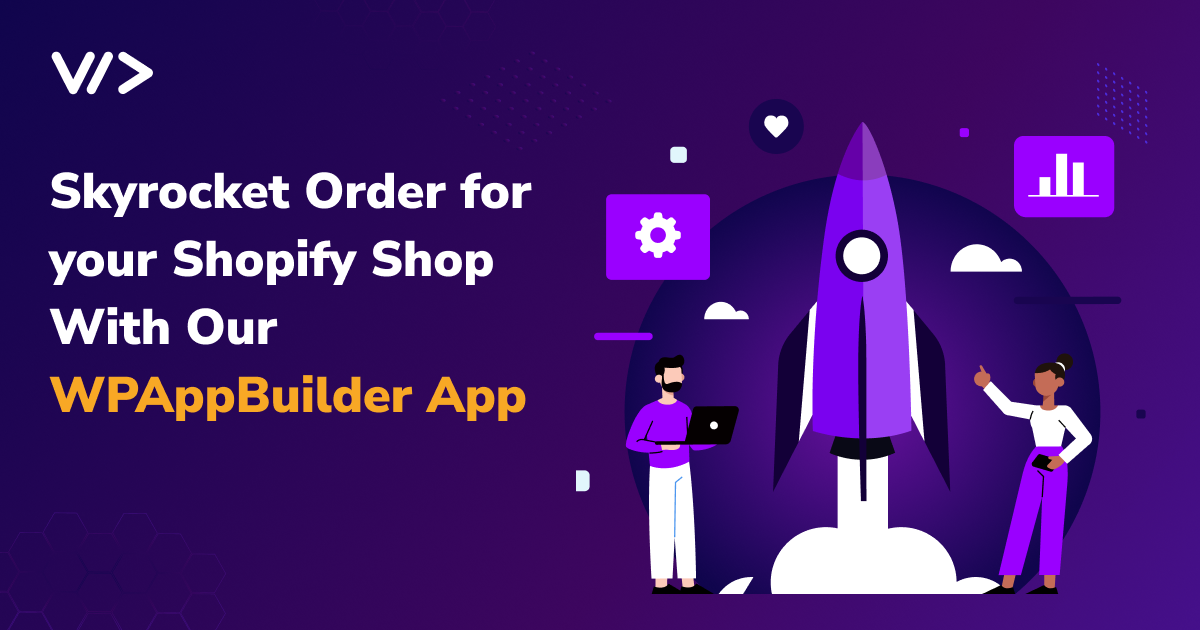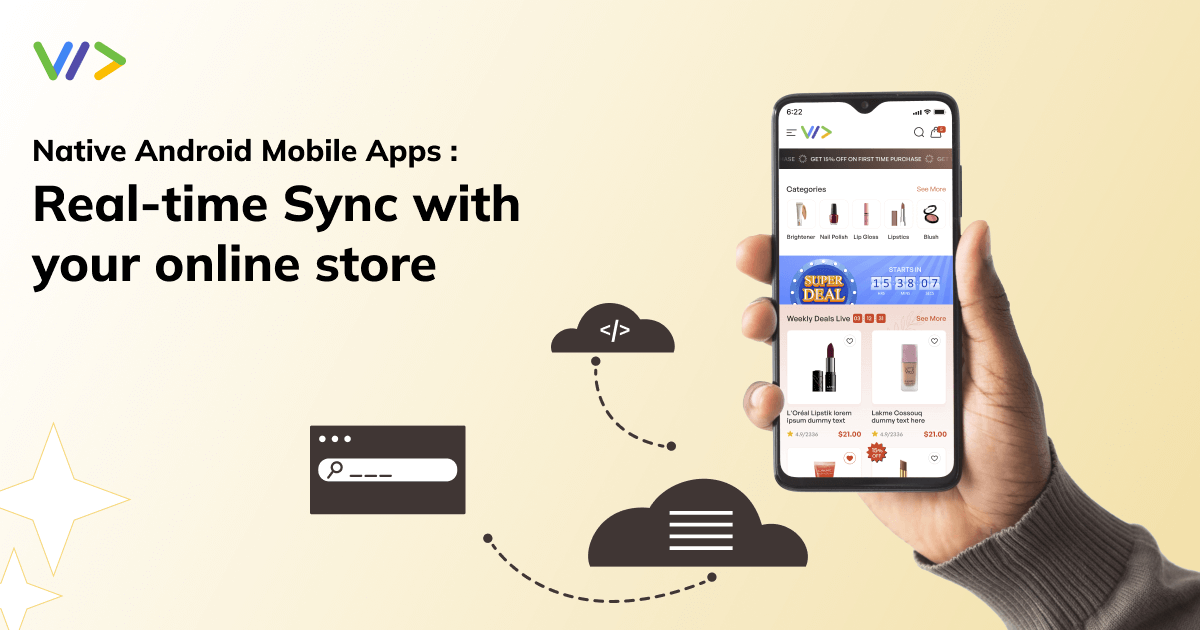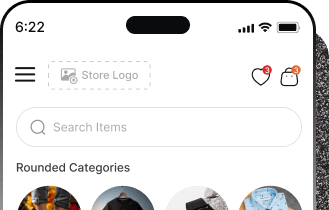The Importance of Mobile App Onboarding in User Retention
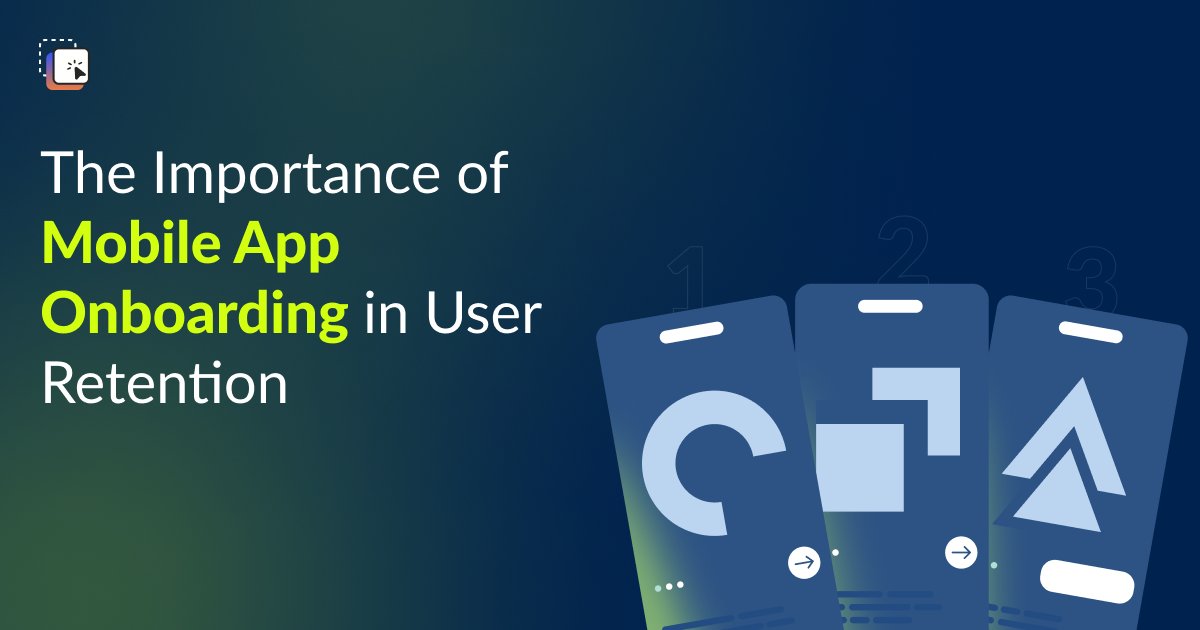
Struggling to retain the engagement and interest of your mobile app users? By the way, You are not the only one facing this challenge. Don’t worry, There is a solution that can turn things around mobile app onboarding. You can enhance user retention by properly implementing app onboarding. It helps you deliver a personalized experience during the initial moments of the installation.
In this blog, we will cover everything about mobile app onboarding, from its various types to its benefits.
What Is App Onboarding?
The app onboarding process includes a series of screens, which guide users via the app interface. It is the best way to familiarize users with your mobile app and enhance their user experience. The app onboarding process has three principles:
- Educate users about the features and benefits of the app
- Ask users to register their logins to the app
- Gather and analyze information to give a personalized user experience
Different Types of Onboarding
Let’s take a look at the various types of onboarding to understand its importance.
Benefits-Oriented Onboarding:
This onboarding process is quite simple. In this onboarding type, users are explained about the benefits and features provided by your app. The focus of this process isn't so much on the inner functioning of the app but rather on its purpose and the advantages it offers to users.
Progressive Onboarding:
Progressive onboarding focuses on giving instructions to users as they naturally progress through various app functionalities rather than providing them in one go. This approach ensures that the users should not be burdened with an overload of information. This form of onboarding is most appropriate for apps featuring complex interfaces, intricate workflows, numerous sections, and concealed functionalities.
Function-Oriented Onboarding:
Function-oriented onboarding is the complete opposite of benefits-oriented onboarding. Function-oriented onboarding is more focused on the app’s functionalities and gives comprehensive guidance to users on how this app functions.
This type of onboarding is ideally suited for apps with complex features. Refrain from focusing only on key features of the app because users with excess information can lead to decline in interest.
Interactive Onboarding:
In interactive onboarding, users actively participate in interacting with the app. By using interactive quizzes, the process creates an entertaining and engaging environment for users.
Account Setup Onboarding:
Account setup onboarding ensures that users complete the account setup procedure before they dive into using the app's functionalities. This is a practice commonly seen in social media platforms like Facebook and Instagram.
Hybrid Onboarding:
Nowadays, it's common for apps to use a blend of different onboarding strategies. There are lots of combinations available that you can implement for your application. Generate multiple versions depending on the user insights or previous data, and then conduct tests to analyze their performance and choose the most effective one.
Why Does Mobile App Onboarding Matter?
Mobile app onboarding is significant for the success of your mobile app. Here are a few reasons underscoring its significance.
Enhance User Retention:
An effective onboarding process that emphasizes the value, benefits, and core features of the app can greatly help enhance user retention rates.
Increase User Engagement:
With app onboarding, you can make users familiar with the features of your mobile app, thereby allowing you to catch the eye of users and encourage them to explore more about your app.
Personalization and Customization:
Onboarding provides an opportunity to gather user preferences, customize settings, and optimize the app experience accordingly. Understanding user preferences and behavior during onboarding allows app developers to customize the app’s content, features, and recommendations to cater to users’ interests and preferences. With personalization and customization, you can engage them with your app as it is customized based on their needs.
Increase Downloads and Installations:
There are many apps available, and making your app’s presence recognized is a very difficult task. With app onboarding, you can successfully share your app’s core idea, top-notch features, and usefulness with users. This may lead to increased downloads and installations.
Reduce Dependency on Third-Party Support:
A detailed onboarding approach helps tackle user's queries effectively and empowers them to use your app without taking anybody's help. Providing clear guidance, informative tooltips, and contextual assistance during onboarding helps decrease the requirement for extensive customer support.
Maximize User Satisfaction:
Users love to use apps that give them a user-friendly experience. Through a well-structured onboarding process, you can showcase not only how your app addresses their concerns but also reinforce your commitment to their success. This kind of approach enhances user satisfaction.
Enhance User Learning Experience:
Improper onboarding may lead users to face difficulties in navigating your app or utilizing its features. Proper onboarding provides users with progressive guidance and allows them to learn to the best of their capacity. This approach makes them feel comfortable and engaged.
Conclusion:
Mobile app onboarding plays a pivotal role in user retention by providing personalized experiences and enhancing user engagement from the outset. It encompasses educating users about app features, gathering preferences for customization, and reducing the need for extensive customer support. With various onboarding types available, developers can choose strategies tailored to their app's complexity and user needs. Ultimately, a well-executed onboarding process is key to enhancing user retention.
Related blogs
